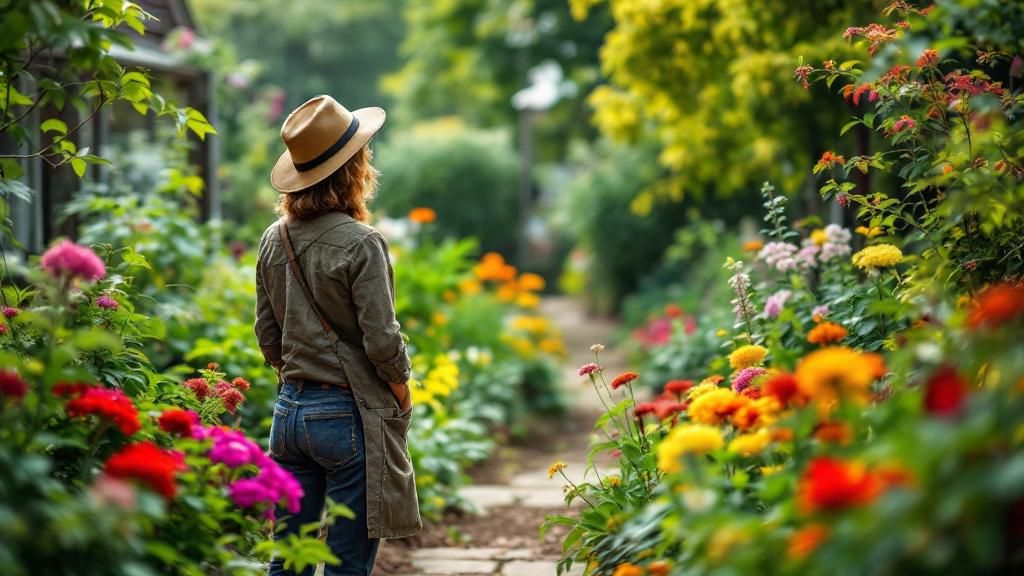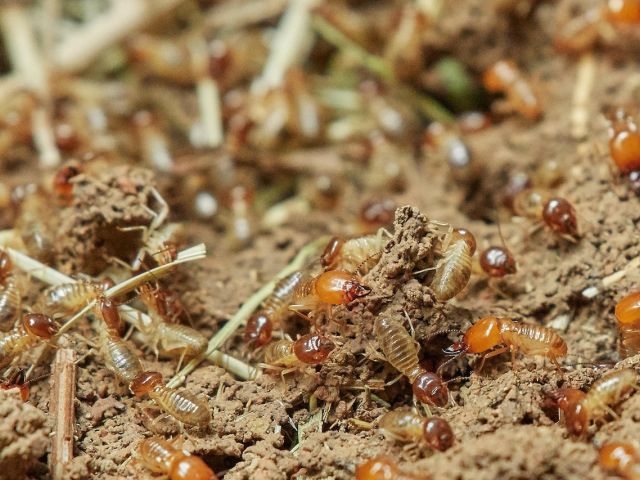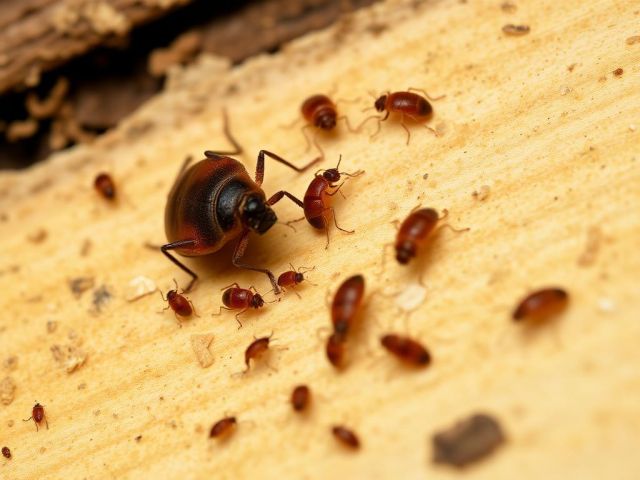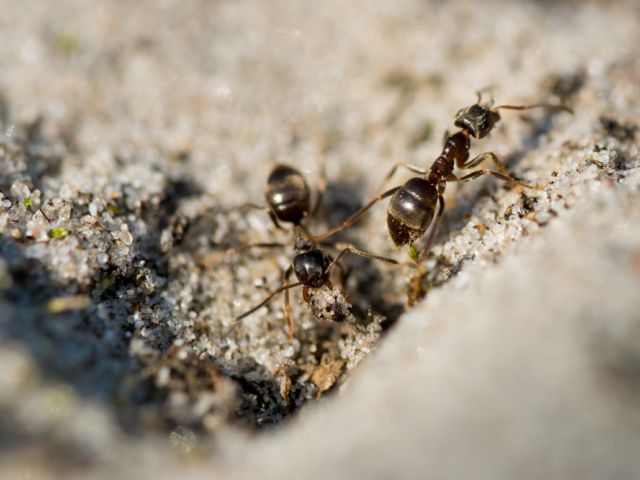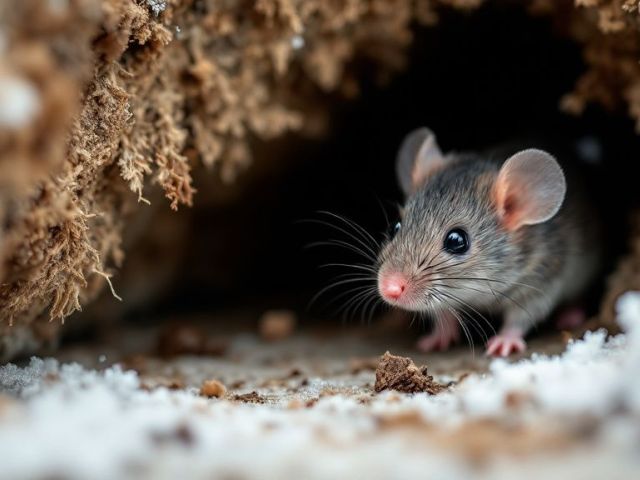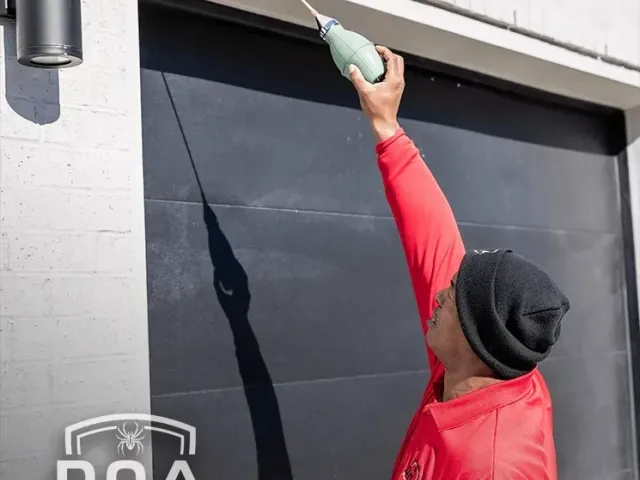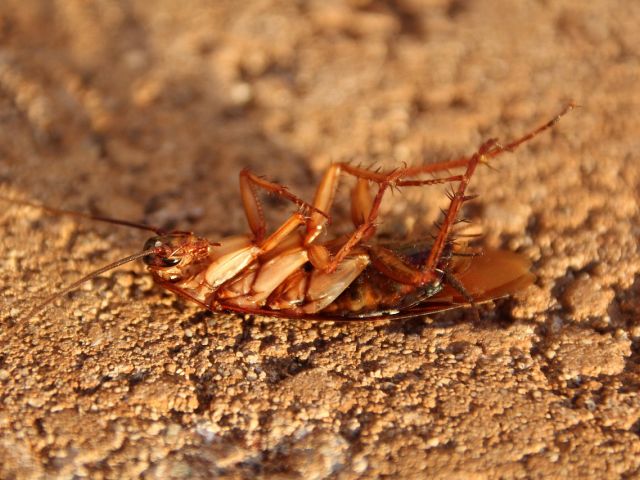Creating a Pest-Resistant Garden: Practical Strategies for Tennessee Homeowners
A pest-resistant garden is more than just an attractive addition to your property—it’s also a proactive measure to reduce the risk of infestations that could spread into your home. In Tennessee’s warm, humid climate, pests like ants, aphids, mosquitoes, and rodents can thrive, making it essential to create outdoor spaces that deter these invaders naturally. By combining smart planting choices, soil care, and preventive measures, homeowners can significantly reduce the need for chemical treatments while protecting their property value.
This guide explores proven methods for building a pest-resistant garden ecosystem, helping you maintain a healthy, beautiful yard and minimize the chances of pest problems indoors.
Why Pest-Resistant Gardens Matter for Home Protection
Many pest infestations begin outdoors. Overgrown vegetation, standing water, or pest-attracting plants can create breeding grounds that eventually push pests closer to your home. Once pests find a food source and shelter in your yard, they often move indoors in search of more stable conditions.
A thoughtfully designed, pest-resistant garden can act as a natural barrier—repelling common invaders before they get near your home’s foundation, siding, or entry points. In many cases, this proactive approach reduces the frequency and severity of infestations, which means fewer emergency pest control visits and a healthier environment for your family and pets.
Choosing the Right Plants for Pest Prevention
One of the simplest yet most effective ways to deter pests is to select plants that naturally resist or repel them.
-
Native Tennessee Plants – These species are adapted to local conditions and often have built-in defenses against local pests. Examples include purple coneflower, black-eyed Susan, and American holly.
-
Herbs and Aromatics – Strong-scented plants like lavender, basil, rosemary, and mint repel mosquitoes, flies, and certain beetles.
-
Pest-Resistant Vegetables – Varieties like butternut squash, cherry tomatoes, and onions tend to be less susceptible to common garden pests.
By incorporating these plants into your landscaping, you create a natural deterrent while enhancing your garden’s beauty and biodiversity.
Maintaining Healthy Soil to Discourage Pests
Healthy soil supports vigorous plant growth, which naturally helps plants withstand minor pest pressure without significant damage.
To keep your soil in top condition:
-
Add Organic Matter – Compost, aged manure, or leaf mulch improves soil fertility and structure.
-
Test and Balance Soil pH – Most plants thrive in a slightly acidic to neutral pH (6.0–7.0).
-
Avoid Overwatering – Consistently wet soil attracts pests like fungus gnats, slugs, and mosquitoes.
Strong, well-fed plants are less likely to become stressed—making them far less inviting to destructive insects.
Strategic Garden Design for Pest Control
The way you arrange your plants can have a major impact on pest activity.
-
Improve Airflow – Space plants properly to reduce humidity levels that attract pests and fungal growth.
-
Sunlight Optimization – Group sun-loving plants in open areas and shade-tolerant species where they belong to reduce plant stress.
-
Physical Barriers – Use fine mesh or floating row covers to protect young plants from insect damage without chemicals.
These design elements make your garden less hospitable to pests while promoting healthy growth.
Encouraging Natural Predators
Beneficial insects and other natural predators can be your best allies in controlling garden pests.
-
Ladybugs and Lacewings feed on aphids, mites, and whiteflies.
-
Praying Mantises consume a variety of insects, including grasshoppers and caterpillars.
-
Birds such as chickadees and wrens eat beetles, caterpillars, and grubs.
Attract these predators by planting nectar-rich flowers, providing fresh water sources, and installing birdhouses or insect hotels.
Managing Moisture to Reduce Pest Risk
Water management is critical in Tennessee, where summer rain and high humidity can create perfect breeding grounds for pests.
-
Remove standing water from pots, buckets, and gutters to eliminate mosquito breeding sites.
-
Ensure proper drainage in planting beds to prevent root rot and fungus-loving pests.
-
Water early in the day so foliage dries before nightfall, discouraging mold and mildew.
Practical Solutions for Common Garden Pests
1. Mosquitoes
-
Eliminate standing water.
-
Plant citronella, marigolds, and lemongrass near outdoor seating areas.
2. Aphids
-
Spray affected plants with a gentle stream of water to knock them off.
-
Introduce ladybugs or lacewings to feed on them.
3. Slugs and Snails
-
Use copper tape around raised beds.
-
Handpick at night or early morning.
4. Rodents
-
Keep compost bins sealed.
-
Trim dense vegetation near your home’s foundation.
The Role of Seasonal Maintenance
Pest activity changes with the seasons, and so should your garden care routine:
-
Spring – Inspect for overwintered pests, refresh mulch, and prune damaged branches.
-
Summer – Increase monitoring, especially after heavy rain.
-
Fall – Remove dead plants to reduce shelter for pests over winter.
-
Winter – Protect perennials and monitor for rodent activity near stored garden equipment.
When to Seek Professional Help
While a pest-resistant garden can significantly lower your risk of infestations, some situations require expert intervention—particularly when dealing with persistent rodent activity, destructive termites, or aggressive stinging insects.
Companies like DOA Pest Service combine proactive prevention with targeted treatments to eliminate existing problems and help ensure your garden remains a protective barrier instead of a pest magnet. Whether you’re dealing with a sudden surge in mosquitoes or ongoing ant invasions, professional assessment can save time, protect your property, and maintain the health of your outdoor spaces.
Sustainable Pest Control Without Over-Reliance on Chemicals
Chemical pesticides may offer quick results, but overuse can disrupt your garden’s natural balance and harm beneficial organisms. Many Tennessee homeowners are turning to sustainable alternatives—such as diatomaceous earth, neem oil sprays, and horticultural soaps—to target specific pests while minimizing environmental impact.
By adopting these eco-friendly measures, you can keep your garden beautiful and pest-free without compromising safety for people, pets, and wildlife.
Final Thoughts
Creating a pest-resistant garden is one of the best investments you can make for your property’s beauty, health, and long-term pest protection. By choosing the right plants, caring for your soil, encouraging beneficial predators, and staying consistent with maintenance, you can enjoy an outdoor space that actively works to keep pests away.
If pests do manage to gain a foothold, DOA Pest Service offers expert solutions tailored to your property’s unique needs—ensuring that both your garden and your home remain protected year-round.
